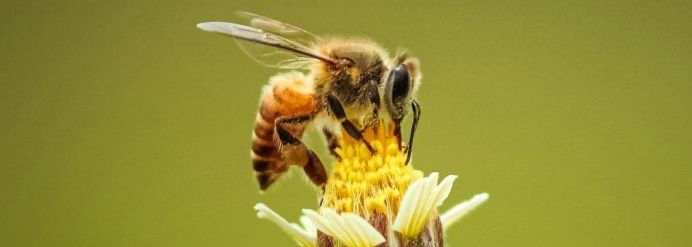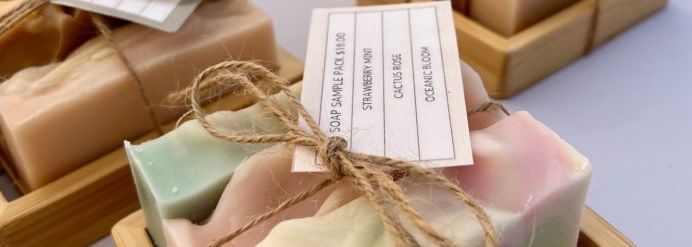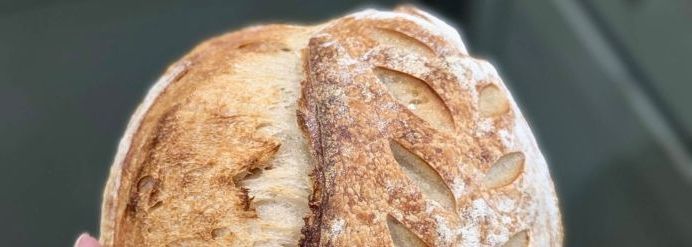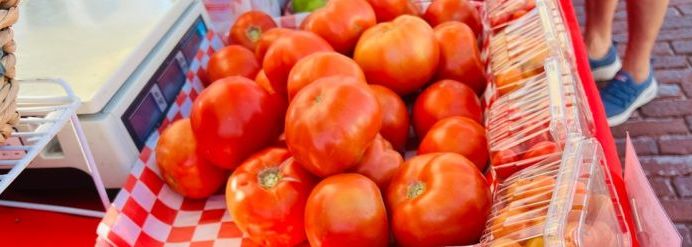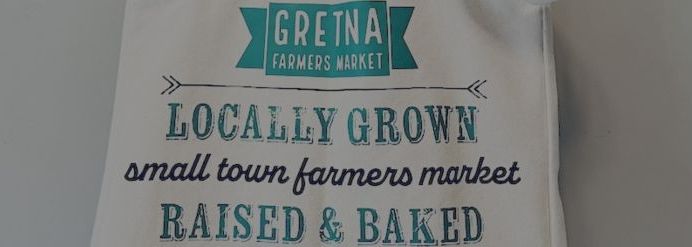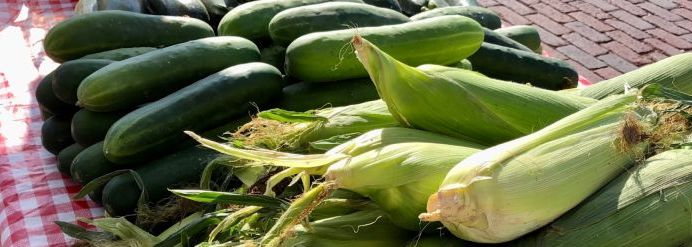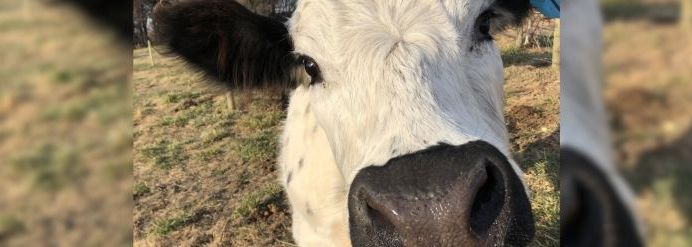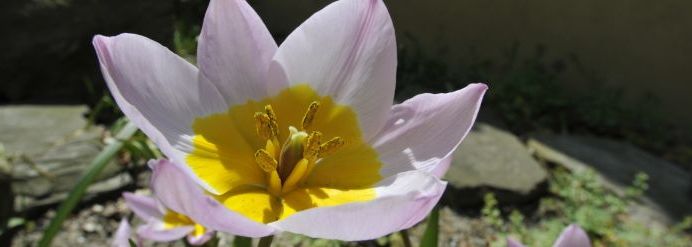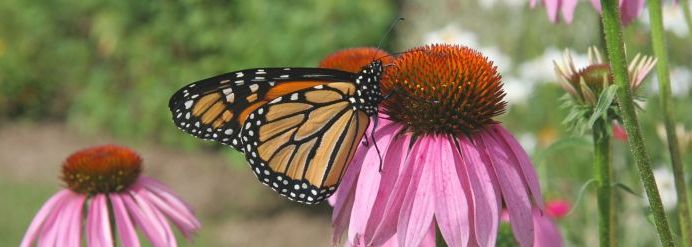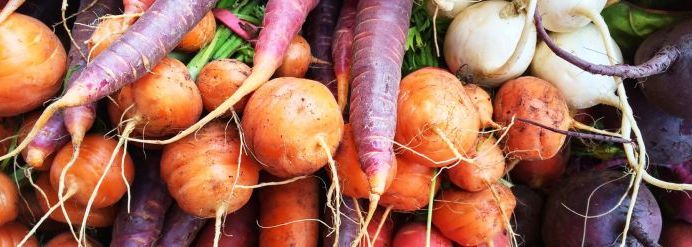Picture yourself out in nature with towering trees, colorful flowers and a beautiful landscape in front of you. What many of us don’t know is pollinators, working behind the scenes, are a small yet vital part of creating these types of scenery. They work with other creatures to keep our ecosystems thriving. The importance of pollinators cannot be overstated.
Several of our local farmers market vendors know and understand the importance of pollinators. Savvy Bee Salves’s products include organic beeswax, whereas B & Q Farms use bees to pollinate their food plots and harvest honey. We also couldn't welcome any of our fresh produce vendors without the help of pollinators.
Keep reading to learn why pollinators are essential!
What are pollinators?
Pollinators are animals that facilitate the transfer of pollen from the male reproductive organs of a flower to the female reproductive organs, thereby fertilizing the plant and enabling it to produce seeds and fruit. While bees are perhaps the most well-known pollinators, other insects like butterflies, moths, beetles and flies, as well as some birds and mammals, also play crucial roles in the pollination process.
The importance of pollinators
Food production
Pollinators are responsible for pollinating more than 75% of the world's flowering plants, including many of the fruits, vegetables, nuts and seeds that make up a significant portion of our diet. Without pollinators, the production of these crops would be severely diminished, leading to food shortages and increased prices.
Biodiversity
Pollinators play a key role in maintaining biodiversity by enabling the reproduction of a wide variety of plant species. In turn, these plants provide food and habitat for countless other organisms, creating a diverse and resilient ecosystem.
Ecosystem services
Pollinators provide valuable ecosystem services beyond crop pollination. They also pollinate wildflowers, which support a wide range of insect, bird and mammal species. Additionally, pollinators help to maintain healthy soil and water by promoting plant growth and preventing erosion.
Economic impact
Although money isn’t everything, the economic value of pollinators is staggering. In the United States alone, pollination services provided by bees and other insects contribute an estimated $20 billion to $30 billion annually to the economy through increased crop yields and agricultural output.
Threats to pollinators
Habitat loss
The destruction and fragmentation of natural habitats due to urbanization, agriculture and deforestation deprive pollinators of the food, shelter and nesting sites they need to thrive.
Pesticide use
The widespread use of chemical pesticides, particularly neonicotinoids and other insecticides, poses a significant threat to pollinators by poisoning their food sources and disrupting their reproductive cycles.
Disease and parasites
Pollinators are vulnerable to a range of diseases and parasites, including Varroa mites, Nosema fungus and deformed wing virus, which can weaken colonies and cause population declines.
What part you can play
Plant pollinator-friendly gardens
Create habitats for pollinators by planting a diverse array of native flowers, shrubs and trees that provide food and shelter throughout the year.
Avoid pesticides
Minimize pesticide use in your garden and opt for organic and bee-friendly alternatives whenever possible.
Support local agriculture
Choose organic and locally grown foods whenever possible to reduce the demand for pollinator-harming agricultural practices.
Raise awareness
Educate others about the importance of pollinators and the threats they face, and advocate for policies and practices that protect pollinator populations.
Visit your local farmers market
It’s necessary for pollinators to continue to thrive and fulfill their essential role in our ecosystems for generations to come. So, the next time you see a bee buzzing among the flowers or a butterfly flitting through the air, take a moment to appreciate the vital work they do.
Our first local farmers market of the year will be on June 1, 2024! Here you can find locally sourced honey, skincare products using beeswax and other organic ingredients, as well as fresh produce brought to you by our local farmers and pollinators. Contact us today with any interest or questions and check out some of the types of vendors we’ll have!




